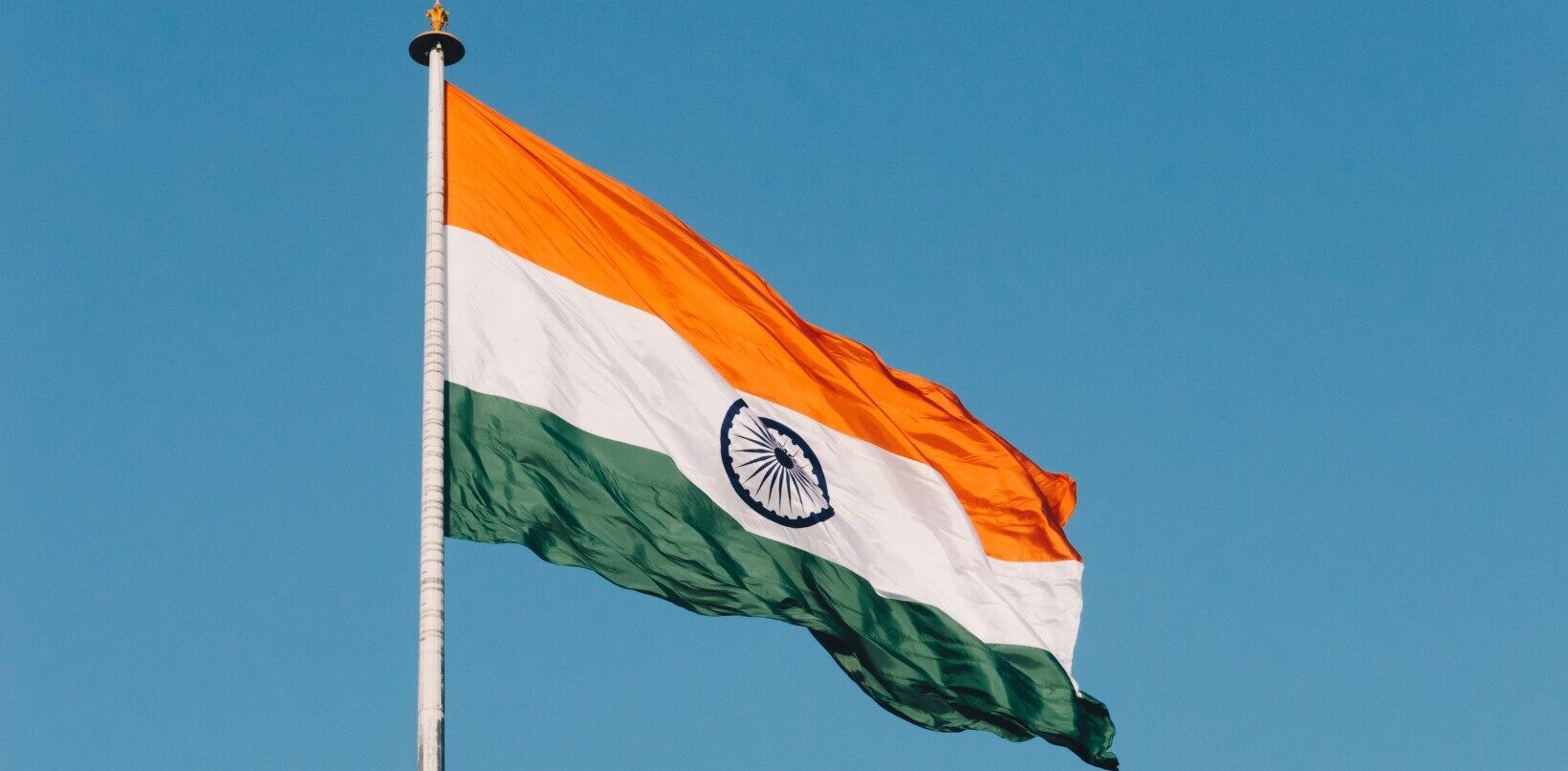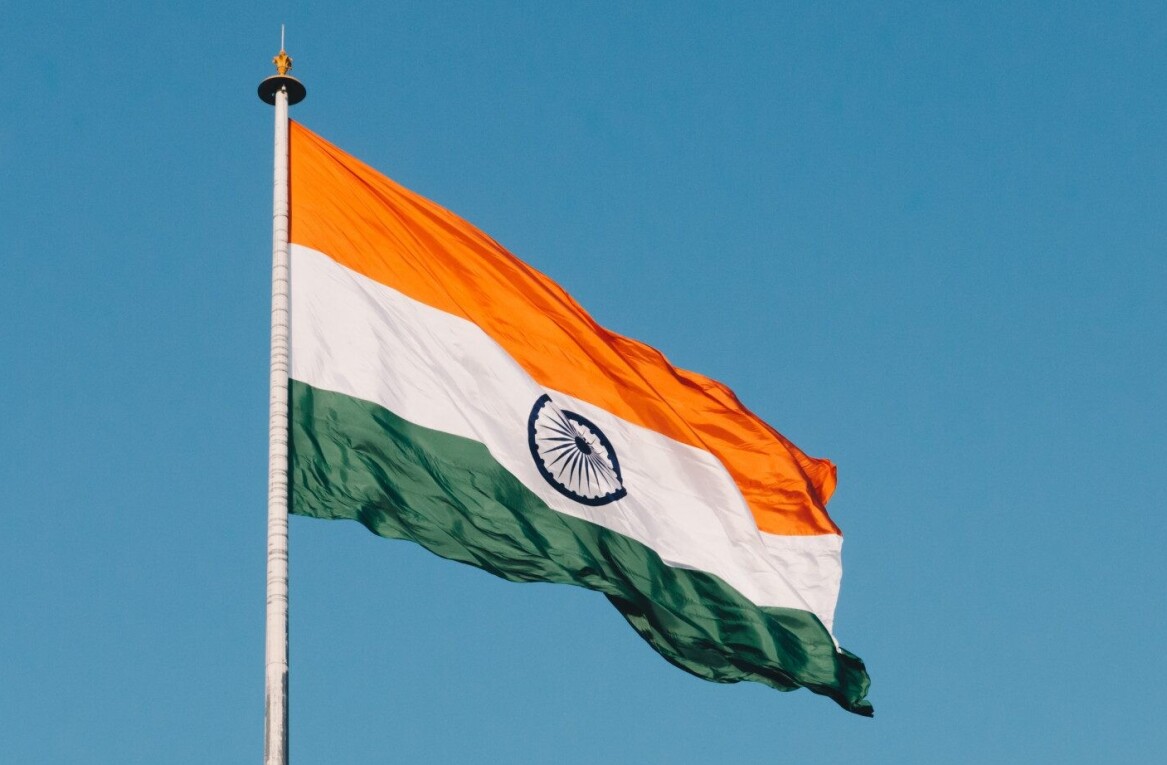The Internet has long ceased to be a luxury. If you want to participate in modern society, you need a decent Internet connection. Unfortunately, there are huge swathes of the world that are essentially cut off from this. This is especially true of rural India, where Internet penetration levels remain dismally low.
To combat this, the Indian government is installing 1,050 new Wi-Fi hotspots in areas that lack fast, accessible broadband. The program is expected to cost $62 billion, and will see towers installed in villages which locals can connect to via their cell phones.
The pilot program is called Digital Village, and according to Aruna Sundararajan, an official at the Indian Ministry of Electronics and Information Technology, aims to “provide basic development services to rural areas using digital technology,”
Digital Village follows a recent initiative from the Indian government that saw it deploy a significant amount of fiber-optic cabling.
India’s economy is one of the world’s fastest growing, and it’s buoyed by a technology sector that encompasses innovative startups, as well as the outsourcing giants India is known for. By making Internet access more inclusive to a greater swathe of the population, it only serves to grow this.
Of course, the matter of Internet provision in India is a hugely fraught issue. Two years ago, Facebook unsuccessfully tried to extend its Free Basics program to the country, only for it to be banned by the government. Similar initiatives from Google have also attracted fire.
Given that Digital Village isn’t tied to one particular foreign technology company, and is offered with no strings attached, it’s less likely to attract controversy, and therefore more likely to succeed.
Get the TNW newsletter
Get the most important tech news in your inbox each week.





